Directory
- Share
Peter Asimov
- Alumni
- United States
- 2016 PhD Music
- Clare College

Peter Asimov
- Alumni
- United States
- 2016 PhD Music
- Clare College
Previous Education
Brown University
Oxford University
Sara Asrat
- Alumni
- United States
- 2006 PhD Modern European History
- Trinity Hall

Sara Asrat
- Alumni
- United States
- 2006 PhD Modern European History
- Trinity Hall
I am interested in the historical evolution of modern racial categories, and the current socioeconomic repurcussions of early western encounters with the racial "other." At Cambridge I hope to explore differences in the imagery used to describe nonwhite peoples accross class lines in the late 18th century. This topic appeals to me both historically and as a way of approaching the unhealthy contemporary intersection of race and class status.
Felix Assah
- Alumni
- Cameroon
- 2005 PhD Epidemiology
- Wolfson College
Felix Assah
- Alumni
- Cameroon
- 2005 PhD Epidemiology
- Wolfson College
My PhD research will focus on objective measurement of physical activity in an adult Cameroonian population. This work is within the broad area of understanding the determinants of adult obesity, diabetes and related metabolic disorders. I intend to focus my career on alleviating the burden of diabetes on the population and the healthcare system through epidemiological research on primordial and primary prevention of diabetes.
Andrew Asten
- Alumni
- Australia
- 2012 MPhil International Relations
- Jesus College
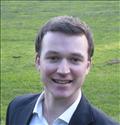
Andrew Asten
- Alumni
- Australia
- 2012 MPhil International Relations
- Jesus College
Since 2007 I have been developing an interest in and passion for public policy and governance. My undergraduate studies in law and economics in Australia, combined with my work at the Australian youth-run aid & development organisation The Oaktree Foundation, gave me many opportunities to develop these interests. After graduating I spent 15 months as a solicitor at Freehills, a leading Australian commercial law firm, before moving to The Boston Consulting Group, a global management consulting firm that has a strong public sector practice. My hope is that studying the Cambridge MPhil International Relations with the help of the Cambridge Gates Scholarship will continue to equip me with the knowledge and capability to have a substantial impact for the public good through public policy & governance.
Saloni Atal
- Alumni
- India
- 2017 PhD Psychology
- Christ's College
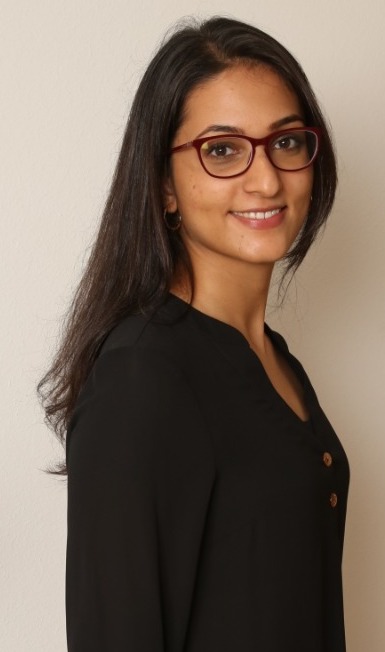
Saloni Atal
- Alumni
- India
- 2017 PhD Psychology
- Christ's College
I grew up in the city of Mumbai in India where over half the city lives in "slums". As a person of relative privilege in a country where hundreds of millions live below the poverty line, I am motivated to use my career to drive global development
I completed my MPhil & PhD in Social Psychology at Cambridge (2017-21). As part of my PhD, I examined the gender impacts of a successful NGO in India working to empower women with a view to understanding how their work can be scaled (https://www.muktanganedu.org/).
Motivated by the desire to connect knowledge with practice, I now work at Dalberg Global Development Advisors, an impact focussed strategy consulting firm. My role sits within Dalberg's monitoring, evaluation and learning practice, which advises government agencies, international development organisations, foundations, impact investors, corporations and charities on measuring and managing social impact.
I am immensely thankful to the Trust for their support, without which I would not have been a part of Cambridge's rich intellectual heritage. I had many mentors on my way to this scholarship and I am passionate about paying it forward. You can follow my work and get in touch with me on LinkedIN or Twitter: @Saloni_Atal
Previous Education
University of Hong Kong
University of Cambridge
Martin Atela
- Alumni
- Kenya
- 2009 PhD Public Health and Primary Care
- Peterhouse
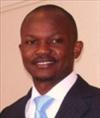
Martin Atela
- Alumni
- Kenya
- 2009 PhD Public Health and Primary Care
- Peterhouse
After my PhD, I joined a Nairobi based policy think-tank - African Institute for Development Policy (AFIDEP), - as a Research Knowledge Translation Scientist, leading a Bill & Melinda Gates funded project to map Maternal-Newborn-Child Health, Family Planning, and HIV/AIDS integration framework across four sub-Sahara African countries, to inform the foundation's policy in these areas. I am also helping the Technical University of Kenya develop a number of graduate courses in the areas of global health and international relations.
Previous Education
Moi University BA Hons
University of Cambridge MPhil International Relations
University of Copenhagen MSc International Health
Pandula Athauda-Arachchi
- Alumni
- Sri Lanka
- 2003 PhD Brain Repair
- Selwyn College

Pandula Athauda-Arachchi
- Alumni
- Sri Lanka
- 2003 PhD Brain Repair
- Selwyn College
Emad Atiq
- Alumni
- Pakistan
- 2009 MPhil Philosophy
- Trinity College

Emad Atiq
- Alumni
- Pakistan
- 2009 MPhil Philosophy
- Trinity College
While officially majoring in economics with a minor in applied mathematics, I completed requirements for a BA in philosophy at Princeton. At Cambridge I wrote my Mphil. thesis on the communicative dimension to blame and holding people morally responsible. I was supervised by Simon Blackburn. I am pursuing a JD at Yale Law School. I intend to ultimately pursue a PhD in philosophy to supplement the JD, exploring the role of responsibility and freedom in both criminal law and moral theory
Sophie Atkinson
- Alumni
- Australia
- 2011 MPhil Engineering for Sustainable Development
- Jesus College
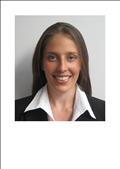
Sophie Atkinson
- Alumni
- Australia
- 2011 MPhil Engineering for Sustainable Development
- Jesus College
I am excited to be furthering my studies at Cambridge this year with an MPhil in Engineering for Sustainable Development. My research for my honours thesis involved addressing renewable energy options for the State of Victoria. I explored the potential for Victoria to become carbon neutral by harnessing its natural resources, such as wind and solar energy. I presented a paper on my research at the ISPRS/IGU Joint Conference in Hong Kong, 2010. I undertook a student exchange to Lund University, Sweden, where I witnessed a socially and environmentally effective approach to transport and urbanisation. Prior to coming to Cambridge, I was working as an engineer for VicRoads, where I was involved in major infrastructure development including construction of a major bridge, incorporating road, rail and river networks. I seek to help transform trends in urbanisation and transport through sustainable development. I am eager to commence my studies and become involved in life at Cambridge.
Chiara Avancini
- Alumni
- Italy
- 2014 PhD Psychology
- Newnham College
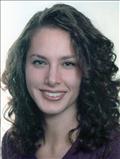
Chiara Avancini
- Alumni
- Italy
- 2014 PhD Psychology
- Newnham College
I was born and raised in a village among the beautiful Dolomiti Mountains near the city of Trento, but I studied at the University of Padova where I obtained a BA in Psychology and an MA in Clinical Psychology. During my studies, I developed an interest in difficulties experienced during schooling and in the electrophysiology of mathematical cognition. My PhD research at the Centre for Neuroscience in Education will be at the confluence of these two interests. I will study the characteristics of the physiological reactions of students experiencing high anxiety in relation to mathematics. In particular, I will focus on gender differences and I will assess whether biofeedback techniques can be used to overcome such a difficulty. At university I taught Italian to immigrants through charities, motivated by the firm belief that learning how to speak the local language is the first step that helps in the process of integration.
Links
https://sites.google.com/site/peelenlab
http://www.cne.psychol.cam.ac.uk
Aneisa Babkir
- Scholar
- United States
- 2024 MPhil Multi-disciplinary Gender Studies
- St John's College
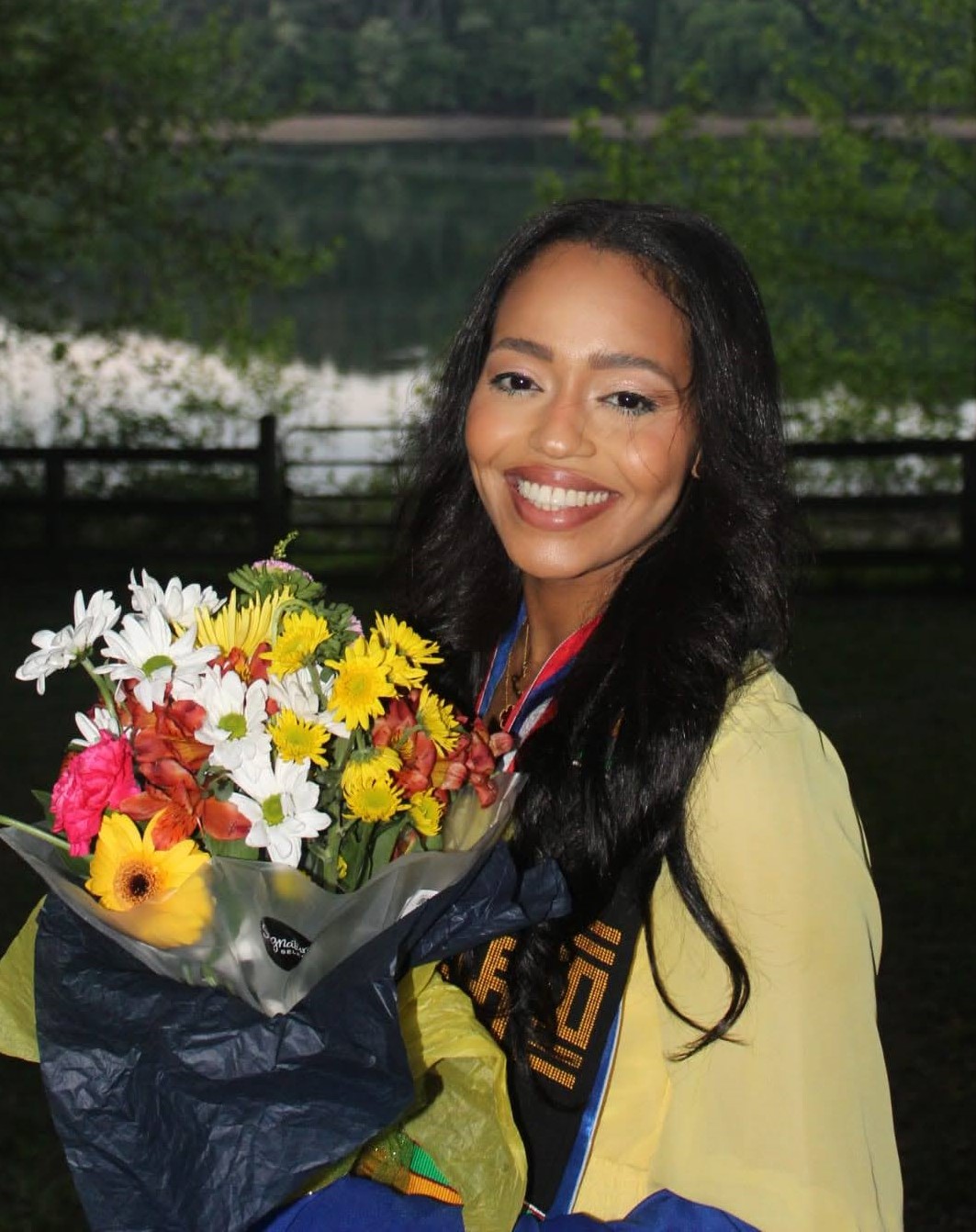
Aneisa Babkir
- Scholar
- United States
- 2024 MPhil Multi-disciplinary Gender Studies
- St John's College
Growing up between my American and Sudanese communities ignited my passion for working in international development. I am particularly interested in women’s rights in the context of peace-building initiatives in Sudan. Specifically, I aim to explore various post-conflict reintegration pathways for women. My undergraduate academic concentrations included international human rights and political economics. Through my previous research at Cambridge, Oxford, and American University, I investigated women’s experiences of displacement and structural violence in situations of post-conflict rebuilding. My hands-on experience in international development includes working with NGOs to tackle housing insecurity and children’s rights in South America, capacity-building programs for young people in rural Morocco and Sudan, and refugee and education equity organizations in the US and UK. As a Gates Cambridge scholar, I will study the gendered dimensions of Sudanese displacement in an effort to reimagine women’s political, social, and economic reintegration pathways.
Previous Education
American University, Washington D.C. International Studies 2023
University of Oxford Visiting Scholar 2022
Leo Baek
- Scholar-elect
- United States
- 2025 MPhil Social Anthropology
- Queens' College
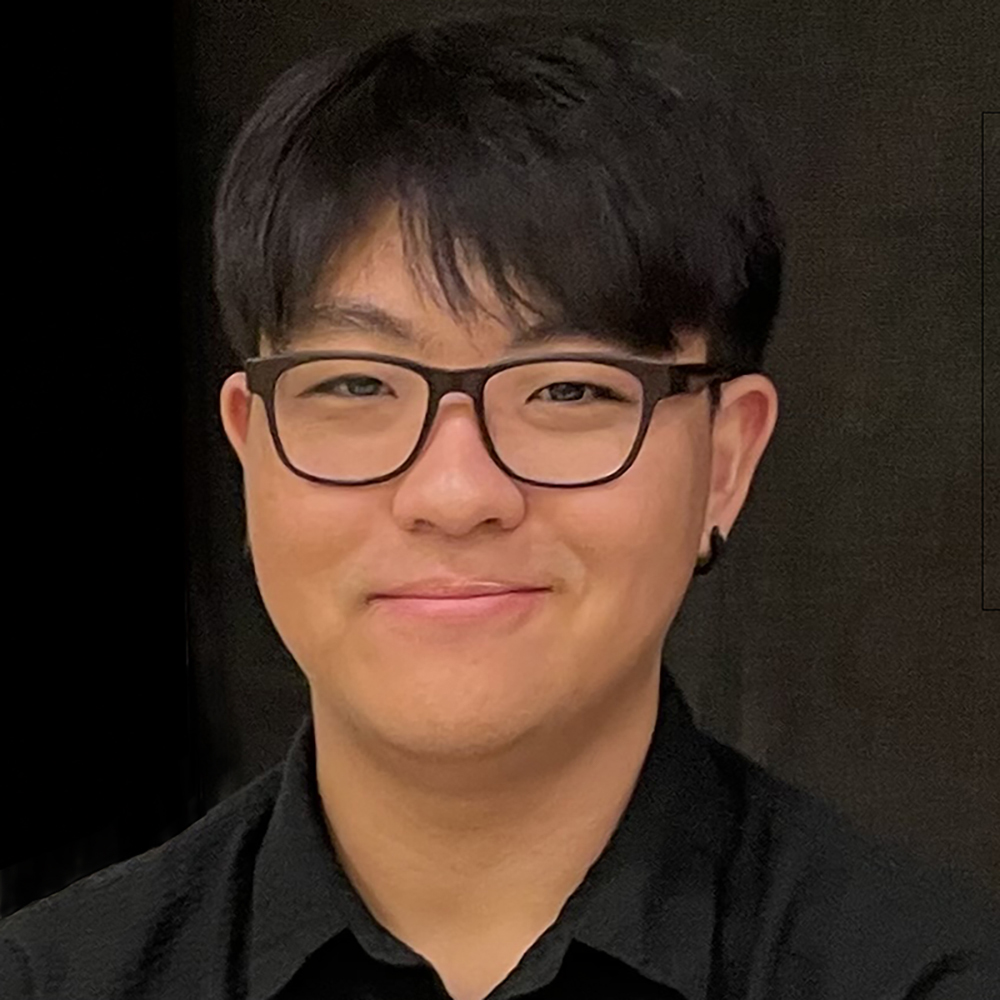
Leo Baek
- Scholar-elect
- United States
- 2025 MPhil Social Anthropology
- Queens' College
As a prospective curator, my work reflects a belief in the museum as a place of empowering representation in spite of its Western-centric foundation. At Stanford University, I helped develop four exhibitions which simultaneously spotlighted non-Western cultural objects and challenged viewers to consider the ethics of collecting practices. I also gained valuable insight as a collections intern for the Cantor Arts Center, educating young audiences through interactive workshops and helping keep the museum up-to-date with the Native American Graves Protection and Repatriation Act. Through Cambridge’s MPhil in Social Anthropology, I aim to develop a specific expertise in digital museum anthropology. My coursework and collaboration with Cambridge’s museums will culminate in my search for methodologies which better protect the visibility of sacred objects and human remains in digital archives. The revolutionary, inclusive museum is birthed upon the international collaboration of people and cultures. To that end, joining the Gates Cambridge community is not only symbolic but necessary to my growth as a museum worker.
Previous Education
Stanford University Art History and Archaeology
Aliya Bagewadi
- Alumni
- United States
- 2015 MPhil Land Economy Research
- St John's College
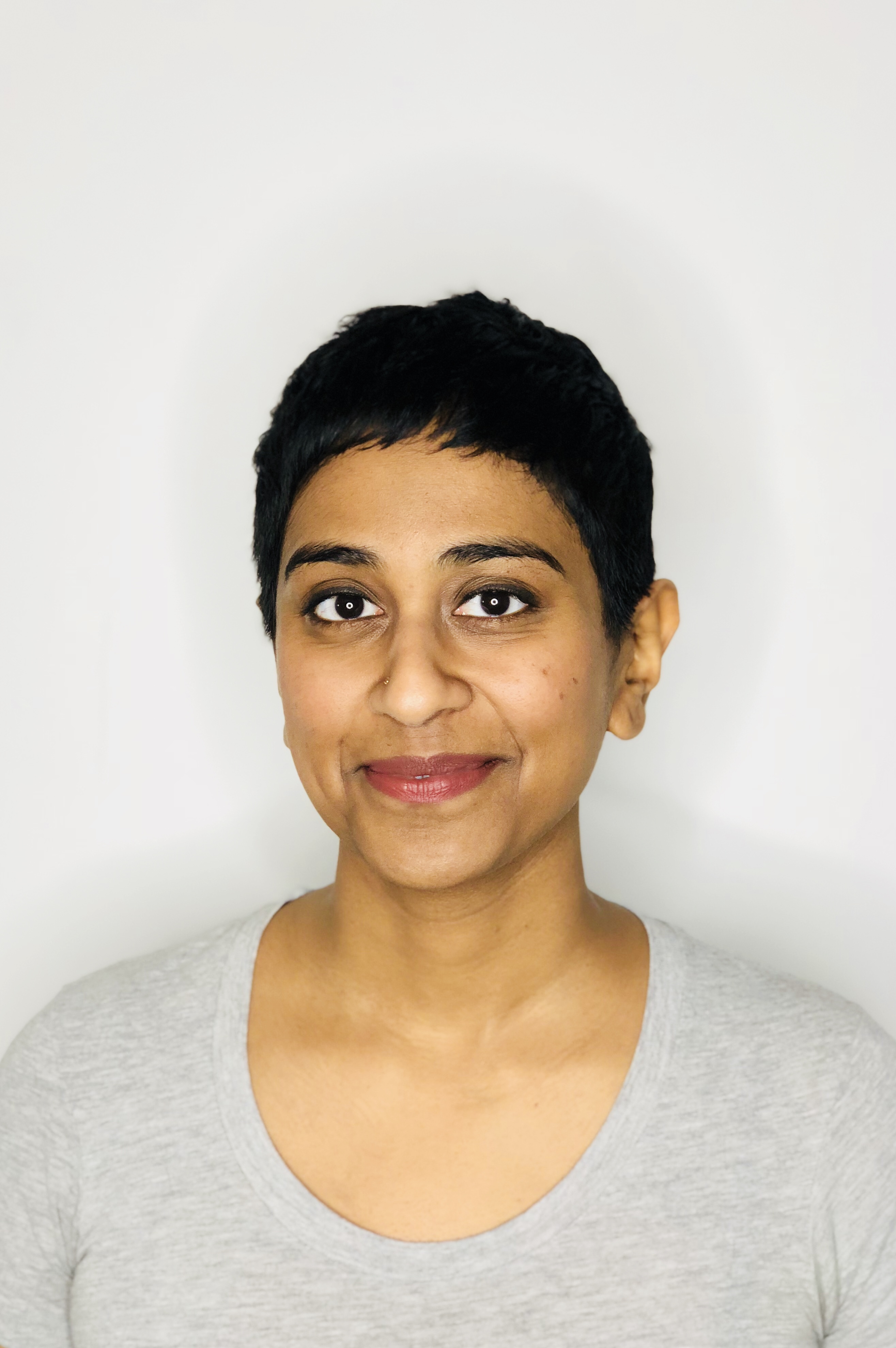
Aliya Bagewadi
- Alumni
- United States
- 2015 MPhil Land Economy Research
- St John's College
As a scholar, my research explored the US and EU's divergent regulatory policies on agricultural biotechnologies and its impact on the trade and regulatory schemes of food scarce regions in Southeast Asia. Prior to Cambridge, I worked in Southeast Asia on rural development projects. I am enormously grateful for having had the opportunity to learn from and become friends with generous, hard-working, and dynamic students from around the world through this scholarship. It's always a pleasure to give back to this community, so please feel free to let me know if I can be of any support to you.
Previous Education
University of Chicago
Links
Yu Bai
- Alumni
- United States
- 2019 MPhil Architecture and Urban Studies
- Hughes Hall
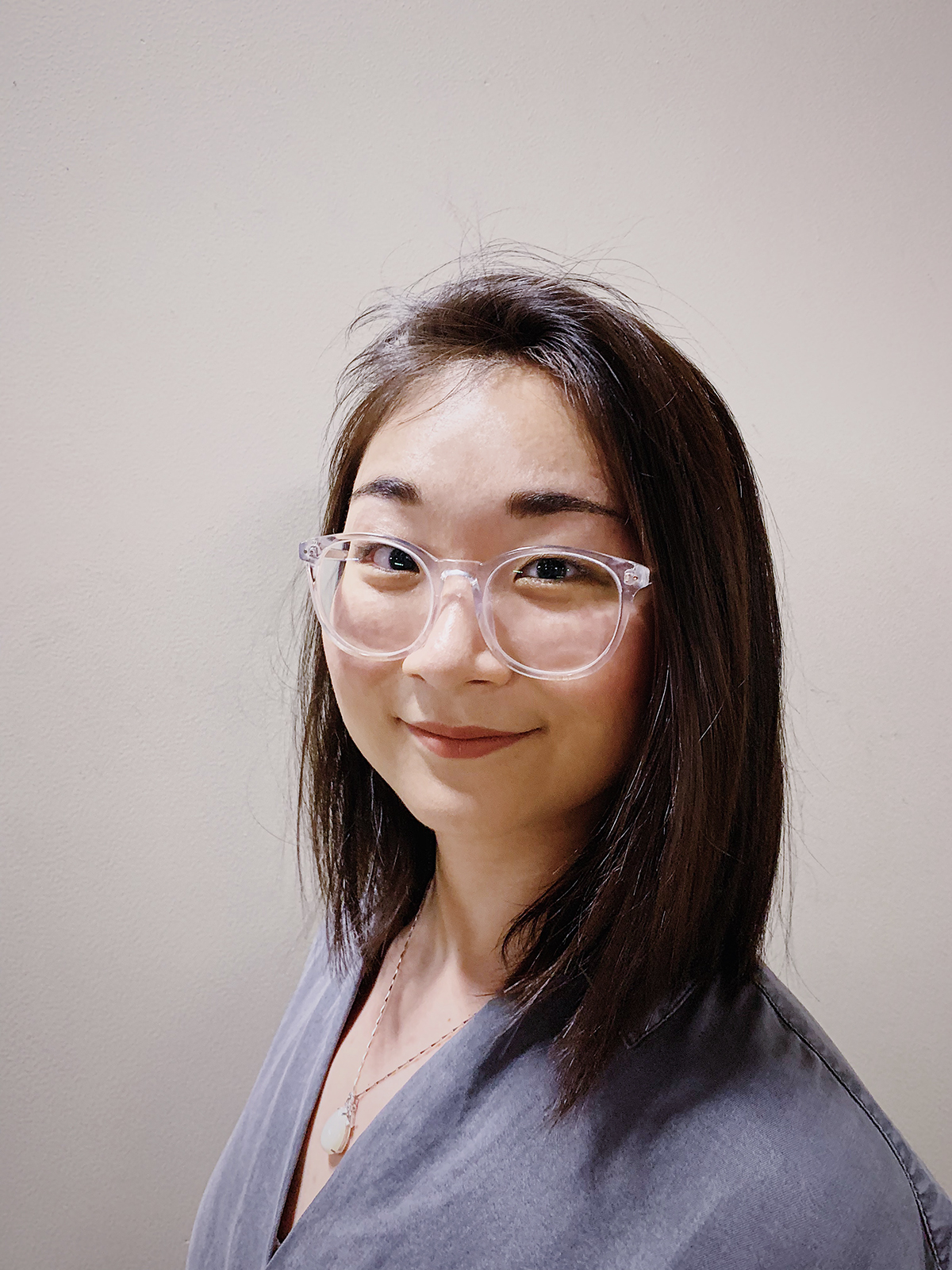
Yu Bai
- Alumni
- United States
- 2019 MPhil Architecture and Urban Studies
- Hughes Hall
I’m a biologist with a deep affinity for design. Growing up in Zhengzhou and Los Angeles, both cities plagued by smog, I became keenly concerned about climate change and those who suffer its numerous consequences. As a student of biology at Georgetown University, I’ve witnessed unprecedented melting of the Greenlandic Ice Sheet and studied thriving microbial communities in the extreme cold of Antarctica. In this era of climate urgency, I’m convinced that knowledge of biology can help us build diverse, productive, and resilient human habitats. I bring this conviction to Cambridge, where I will study how people interact with bio-designed technologies, architecture, and landscapes in order to understand how designers, architects, and planners can create truly sustainable — and dignified — cities.
Previous Education
Georgetown University Scientiae Baccalaureus Biology 2017
Chiraag Bains
- Alumni
- United States
- 2003 MPhil Criminological Research
- King's College
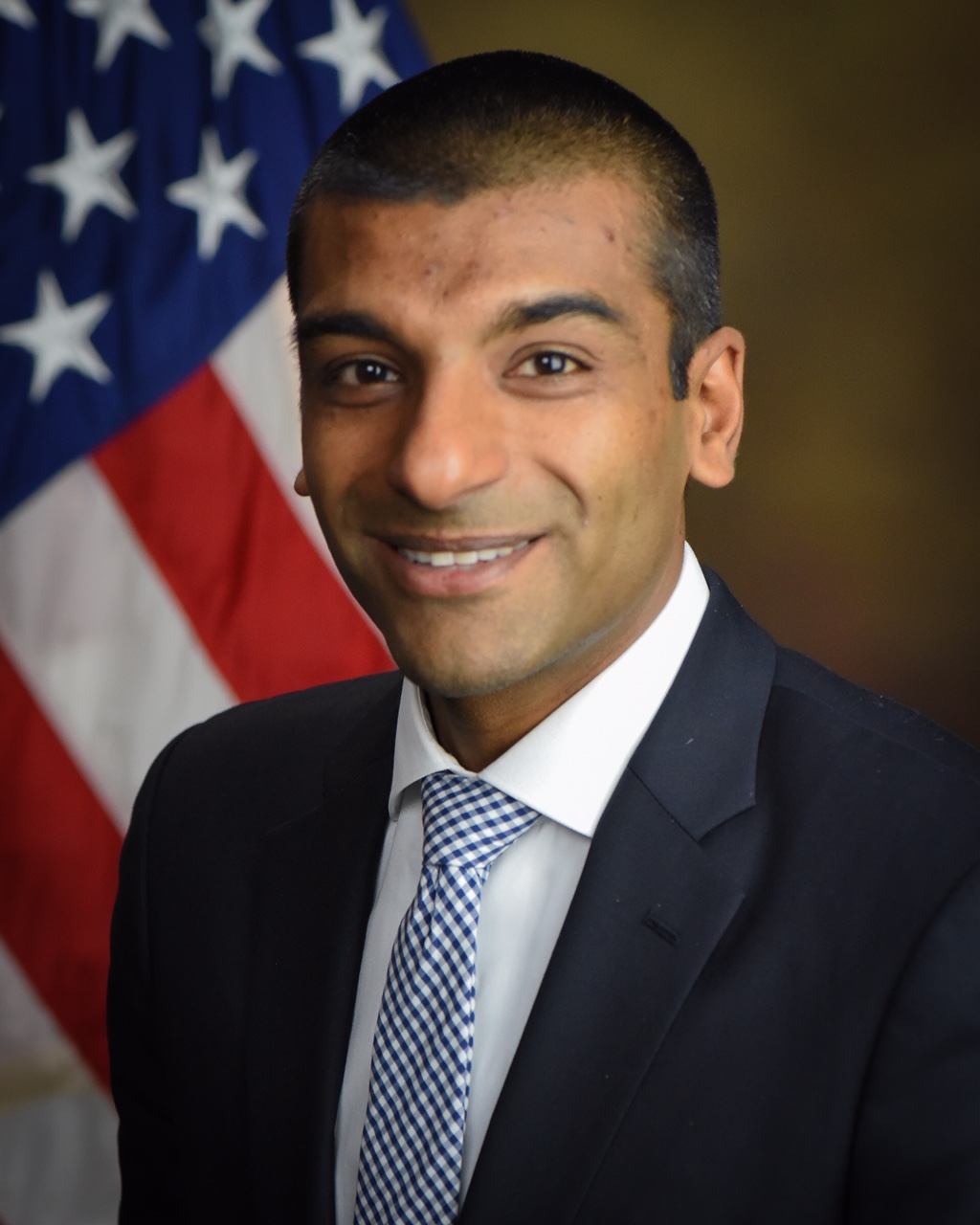
Chiraag Bains
- Alumni
- United States
- 2003 MPhil Criminological Research
- King's College
Rishabh Bajoria
- Scholar
- India
- 2021 PhD Law
- King's College
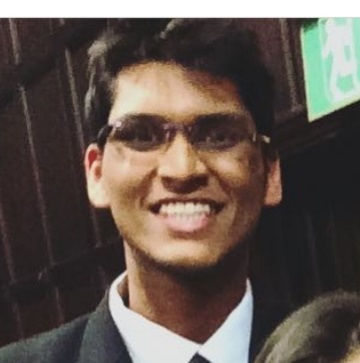
Rishabh Bajoria
- Scholar
- India
- 2021 PhD Law
- King's College
In 2017, I worked with the Association of Parents of Disappeared Persons (APDP), Srinagar, where I drafted an International Law manual on Enforced Disappearances. Participating in APDP’s engagements with the OHCHR taught me about the potential of international legal institutions. However, the everyday experience of observing a state against a society reinforced the explanatory limits of purely doctrinal legal scholarship. This was a transformative experience. These encounters combined with my time at Jindal Law School and the University of Melbourne have motivated and equipped me to pursue a doctoral project interrogating the historical trajectories of international law through the Indus Waters Treaty, 1960. The Treaty, signed by India, Pakistan and the World Bank, divides access to the waters of the lucrative Indus basin flowing through the disputed region of Jammu and Kashmir. Both states claim ownership over Kashmir but neither involved Kashmiri voices while dividing waters crucial to socio-cultural lives in the Valley. This project will reflect my continued political and scholarly commitment to interrogating large historiographical questions by taking the lives and aspirations of ordinary people -Kashmiris- seriously.
Michael Baker
- Scholar
- United States
- 2023 MPhil Medical Science (Clinical Neuroscience)
- Trinity Hall
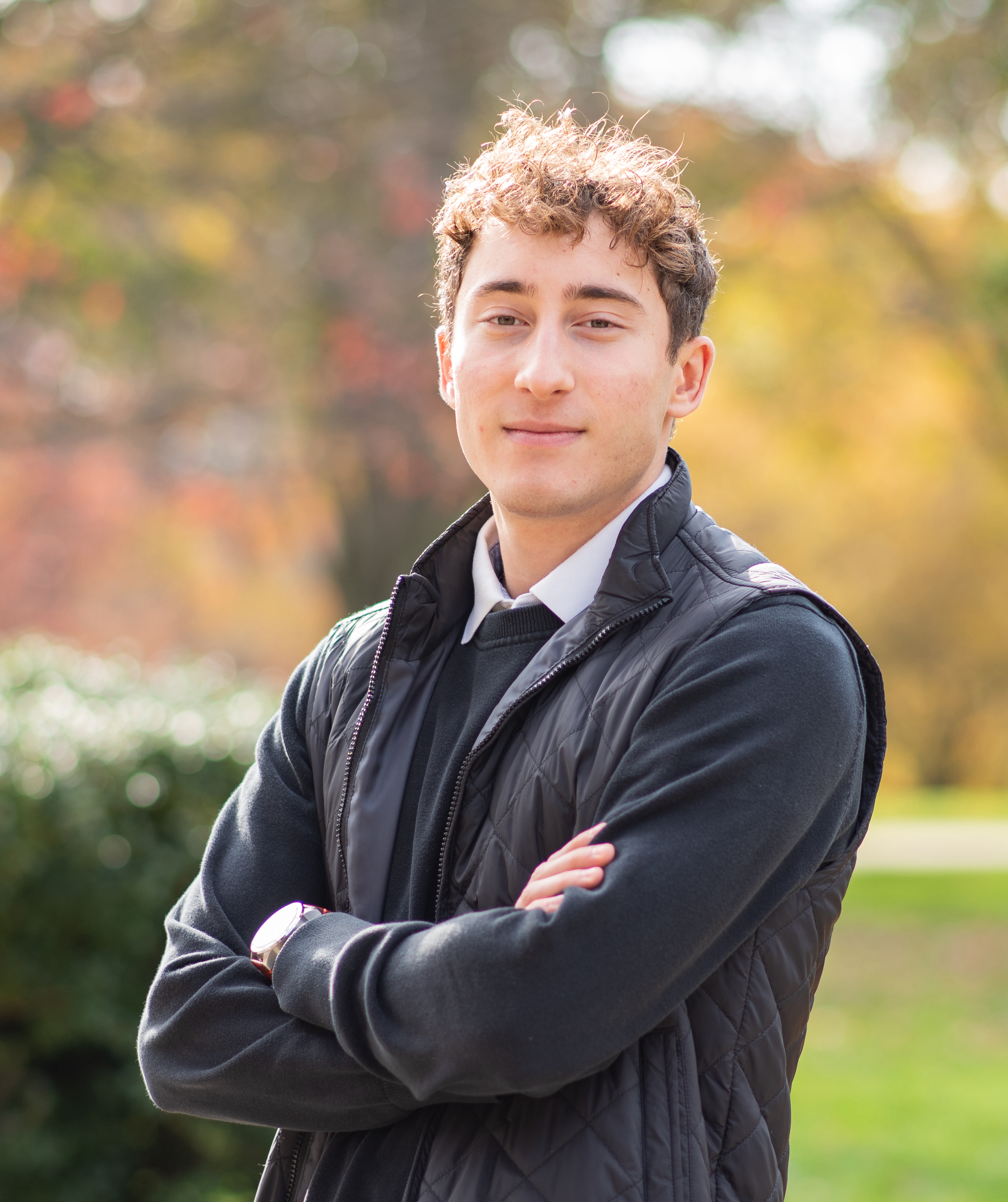
Michael Baker
- Scholar
- United States
- 2023 MPhil Medical Science (Clinical Neuroscience)
- Trinity Hall
After transferring from Schreyer Honors College at PSU to University of Pittsburgh for a neuroscience degree, I helped investigate biomarkers for psychosis by processing auditory evoked potentials and brain imaging. I later conducted biochemical research on synaptic protein interaction in learning and memory formation. These experiences prepared me for the data driven, neurochemical nature of my MPhil with Mr. Adel Helmy, inspired by observing surgeries and volunteering on hospital floors with patients being treated for nervous system injuries of varying severity; I questioned the impact of neuroinflammation on outcomes. Insight into neurotrauma is urgent because of the expected increase in its global incidence and it being one of the most abrupt causes of significant disability despite preventability and treatability. My aims are to use data from the largest cerebral microdialysis-monitored cohort to elucidate post-TBI correlations between brain metabolites and outcomes to guide intervention preventing inflammation and deterioration and to progress resource-stratified clinical guidelines for neurotrauma in low- and middle-income countries where there is threefold the incidence of TBI and associated mortality.
Liliya Bakiyeva
- Alumni
- Kazakhstan
- 2001 MSc Surgery
- Murray Edwards College (New Hall)

Liliya Bakiyeva
- Alumni
- Kazakhstan
- 2001 MSc Surgery
- Murray Edwards College (New Hall)








